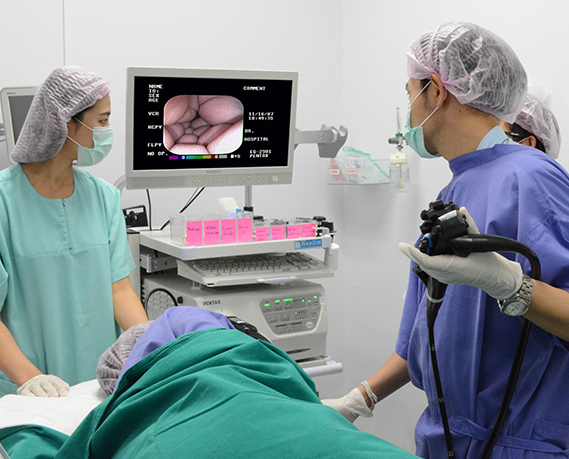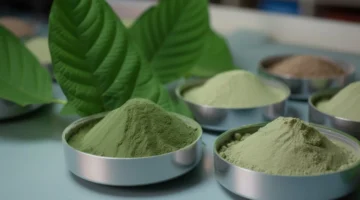
Getting an accurate diagnosis requires immediate action by a doctor.
The inside wall of the intestine or nearby organs can be affected by inflammation, which causes ulcers or sores to form. Those ulcers can run through the entire bowel wall thickness, creating a tunnel through which pus can drain. An abscess, or collection of pus, can also cause the formation of an anal fistula surgery in Singapore. Patients with Crohn’s disease are more likely to develop fistulas that connect two parts of the intestine, connect the intestine to another organ like the bladder or vagina, or connect the intestine to the skin.
In addition to fistulas between the rectum and vagina, Crohn’s disease patients can also develop surgical treatments depending on their situation anal fistula surgery in Singapore. Most adults with Crohn’s disease will develop a fistula at some point. Fistulas are treatable. About 35 to 50 per cent will develop them during their lifetimes.
Fistula Removal: What You Need to Know
Some fistulas are treatable using antibiotics and other medications. However, surgery may be required if the infection does not respond to medication or the fistula becomes severely infected.
Treatment options for fistulas include:
- Fistula plugs are used to close and heal fistulas. It helps drain any infection and allows the fistula to heal by placing a seton.
- An incision opens up a fistula along its length, which allows it to heal.
- The fistula is closed with medical glue.
The ileostomy
During the healing process after a fistula surgery, your stool may need to be diverted from the intestine. As part of this procedure, your small intestine is brought up through your abdominal wall, and the stoma is surgically created to allow waste to leave your body.
- A pouching system external to your body collects your faeces.
- Ileostomies are often used temporarily to allow the body to heal.
- Depending on where the fistula is located, you may require additional surgery.

Removing anal fistulas
An anal fistulotomy is commonly used to repair an anal fistula that forms between the skin surrounding an anus and its interior.
- Having a fistula repaired without causing damage to the anal sphincter muscles is essential for maintaining faecal continence in the rectum.
- A good number of anal fistulas do not recur after surgery.
- The procedure is rarely complication-free, and faecal continence is usually not affected.




